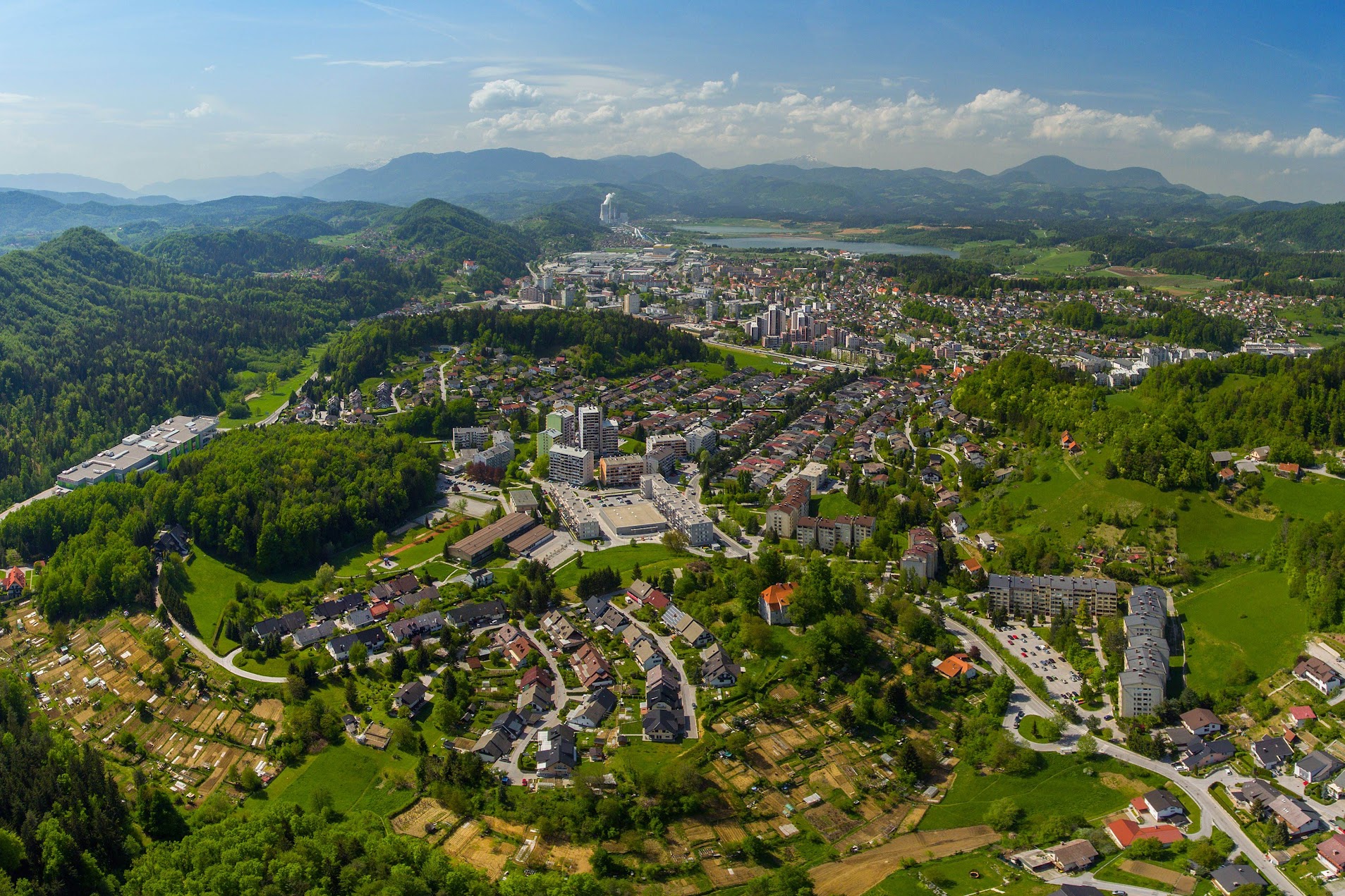The Municipality of Velenje is a city municipality responsible for the livelihood of 33,500 inhabitants within the local community. Due to the transition in the coal region, they need to seek new and sustainable ways of producing clean thermal energy and reducing the consumption of thermal energy. The Government of the Republic of Slovenia adopted and confirmed the National strategy for phasing out coal and the transitioning of coal-intensive regions in line with the principles of a just transition by 2033, which means closing the Velenje Coal Mine and decommissioning the production of electricity and heat of from Šoštanj Thermal Power Plant (TEŠ).
In the Municipality of Velenje, they are aware of the importance of implementing European and national legislation in the field of environmental protection, energy use reduction, and, consequently, the reduction of CO2, SO2, and other GHG emissions. Transformation of the current district heating system, which emits about 80 000 tonnes of CO2 annually, must be environmentally sustainable, economically feasible and completely coal-free. Care for their environment has become the number one priority, and the Municipality has already taken measures for environmental protection to achieve the zero-carbon goals. Carbon emissions reduction can be maximised using a diverse mix of renewable energy technologies. Therefore, the city is faced with an unprecedented challenge of finding new ways to provide sustainable, stable and competitive district heating supply.
Their ambitious approach towards climate and environment-related challenges was rewarded. The Municipality of Velenje was chosen to participate in the Mission 100 Climate-Neutral and Smart Cities and was an award winner of The European Green Leaf Award 2024. The city will act as an experimental and innovative hub that will be an example and inspiration for other European cities to achieve climate neutrality. Benefits for selected cities include tailor-made advice and assistance, high recognition, additional funding and financing opportunities, and the possibility of joining large innovation actions and pilot projects.
The HEAT 35 contributes to the objectives of supporting the implementation of the 2030 energy and climate policy framework, the EU’s climate neutrality objective by 2050 and the new EU strategy on adaptation to climate change through alignment and enforcement of local and regional energy and climate strategies. Maintaining a central heating system in buildings can make use of synergies in the urban context by suitable integration into the urban environment and can increase energy security (reduced fuel imports, diversification of energy mix).
